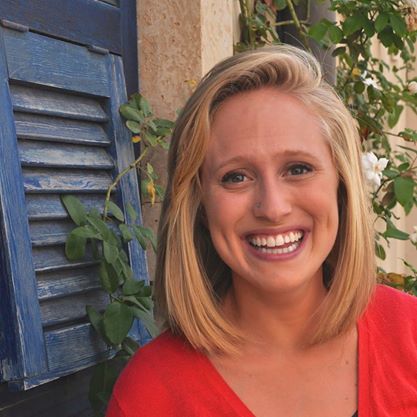Over two months ago, I packed up the two duffel bags I have had since Halutzim, said goodbye to the lake that I admired daily and walked one last time around the garbage trail. I parted ways with a home that I have built over the span of the past ten years–a home tucked away between the evergreens of Wisconsin’s Northwoods that I visit for two months each summer. I drove out of camp and back to my childhood home in Madison, Wisconsin. Since I left for college over five years ago, I have not stayed in Madison for longer than two weeks. And yet, it is still my home. It is where my parents live, where I learned to ride a bike, where I fell in love with literature. A week and a half later, I packed my bags again and drove to the airport with my father. I boarded a plane that would take me to a place that teachers, books, and tradition have always said was my home. While many believe that Israel is the Jewish home, only this past year in Tel Aviv did I begin to imagine how it could be my home. I started to identify how I could call somewhere home that is so far from Wisconsin. It has become a home for me not because of the intrinsic “right” I have to the land, but rather because of the decisions of my parents to introduce me to the country and my own active choice to continue this relationship.
It is in this week’s Torah portion, Lecha Lecha, that the Jewish people begin their saga with Israel. God commands Abram: “Get yourself out of your country, and from your kindred, and from your father’s house, unto the land that I will show you.” (Genesis 12:1). Abram picks up his entire life and heads to Canaan–the land west of the Jordan River. In exchange for uprooting Abram, God promises: “And I will make of you a great nation, and I will bless you, and make your name great; and be you a blessing (Genesis 12:2). Abram enters into a covenant with God and with that becomes Abraham and his wife, Sarai, becomes Sarah. So with only God’s pledge to give him a great nation, Abram leaves all he knows for a strange land. I am struck by the magnitude of Abram’s decision. He walks out on his whole world and for what?
I have met many Americans and Israelis alike who ask me why I have chosen Israel over America. They are confused why I would “trade America in” for Israel when they see America as safer, more stable, more successful. I differ from Abram in a lot of ways. When I miss my family I can call them over Skype; when I want to send a friend a quick a note I can email; when I want to return to the States, I can buy a plane ticket. However, I think we might share a similar motivation for creating a new home in a new place. When I think about why camp is home, I think about the number of friendships I have built there over the years. While I do return each summer to spend time outside sitting on the kikar and davening (praying) by the lake on Friday evenings, I really come back to continue and enrich the relationships I formed the previous summer and to spark new connections with new people. When I think about why Madison is home, I see my family members’ faces and the faces of friends from school, my synagogue, my dance studio. I had the wonderful opportunity to live in Israel last year without needing to make the decision to become a citizen. When I started to think about why Israel is home, I saw the face of my roommate, and the man in the shuk (marketplace) who sells me vegetables and always throws in a spicy pepper with a smile, and the women in my theater group whom I have come to know deeply. Though at this point in the Torah Abram does not yet have a great nation in the land of Israel, he has the prospect of it. Just the idea of future relationships draws him out of his home and motivates him to build another.
I am blessed to have so many places in the world that I call home, and it is important for me to remember that I was and continue to be an active player in creating these homes. While I had no control over where I was born and it was not my sole decision to go to Ramah my first summer, it is because of my own actions that I still consider these places home. They are home because of the time I helped my bunkmate fold her clothes and the time I stayed after school to finish an art project with my friend. Abram and I both chose to relocate in Israel and I am lucky that I did not have to give up any of my other homes in order to do so.






